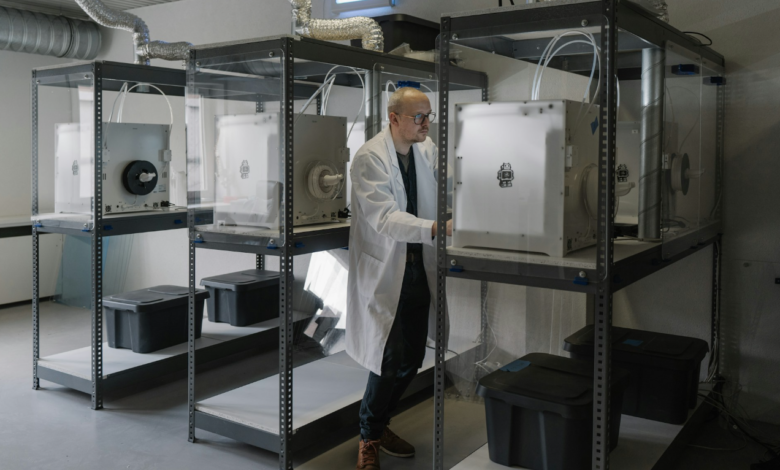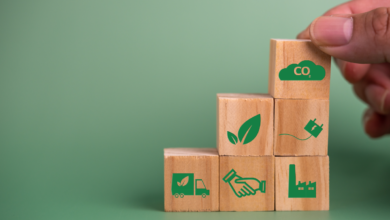
Printers are prepared for sustainable 3D printing with a 20-minute test
3D printing has revolutionized many sectors, but the widespread use of plastic materials makes it difficult to recycle the products obtained. So the question is, can there be a sustainable 3D printing technique? Although new bio-based materials are being developed for this technology, their adoption is slowed by the need to manually adjust the 3D printer settings for each material.
To print a new material from scratch, you usually need to set up to 100 parameters in the software. These define how the printer will extrude material while manufacturing an object. Commonly used materials, such as mass-produced polymers, have established several parameters that have been refined through tedious trial and error processes. However the properties of renewable and recyclable materials can vary widely depending on their composition, so it is almost impossible to create sets of fixed parameters. In this case, users must set them manually.
read also The first system for 3D printing of glass at low temperatures comes from MIT
To solve this challenge, a team of international researchers has developed a 3D printer that can automatically identify the printing parameters of an unknown material. The necessary data is collected through a 20-minute test. Then they are inserted into a mathematical function used to automatically generate the print parameters. These parameters can be inserted into standard 3D printing software and used to print with a material never seen before.
Researchers succeeded by using a 3D printer capable of capturing data and providing feedback while it works. They then added components to the machine extruder that make measurements that are useful for calculating parameters. A load cell measures the pressure exerted on the print filament, while a feed rate sensor measures the thickness of the filament and the speed at which it passes through the printer. These measurements can be used to calculate the two most important but difficult-to-determine print parameters: flow and temperature.
The 20-minute test following this development is used to “read” temperature and pressure with different flow rates. At this point, the collected data enters a function that generates different parameters and instructs the machine to manage any type of input material. Such an innovation could revolutionize additive manufacturing by allowing the use of more sustainable materials and reducing the environmental impact associated with non-recyclable plastics.





